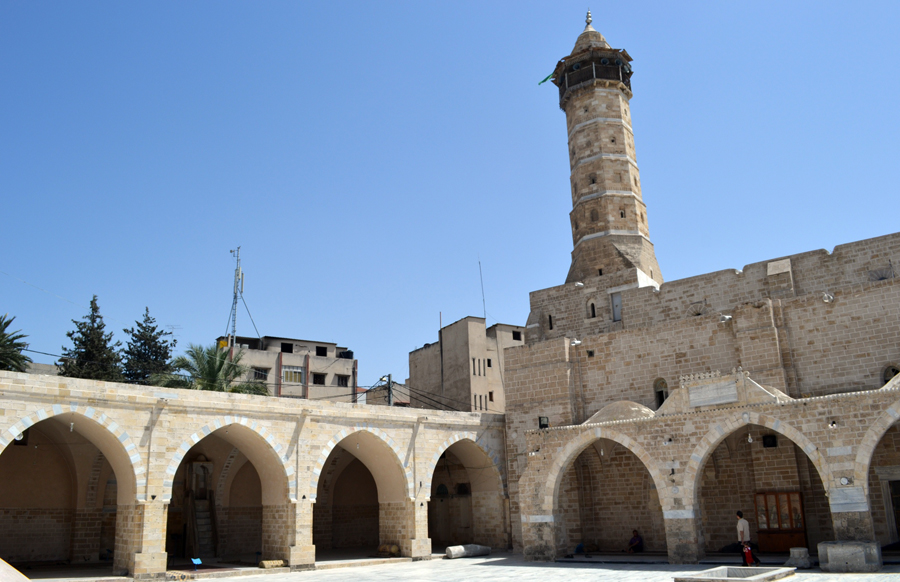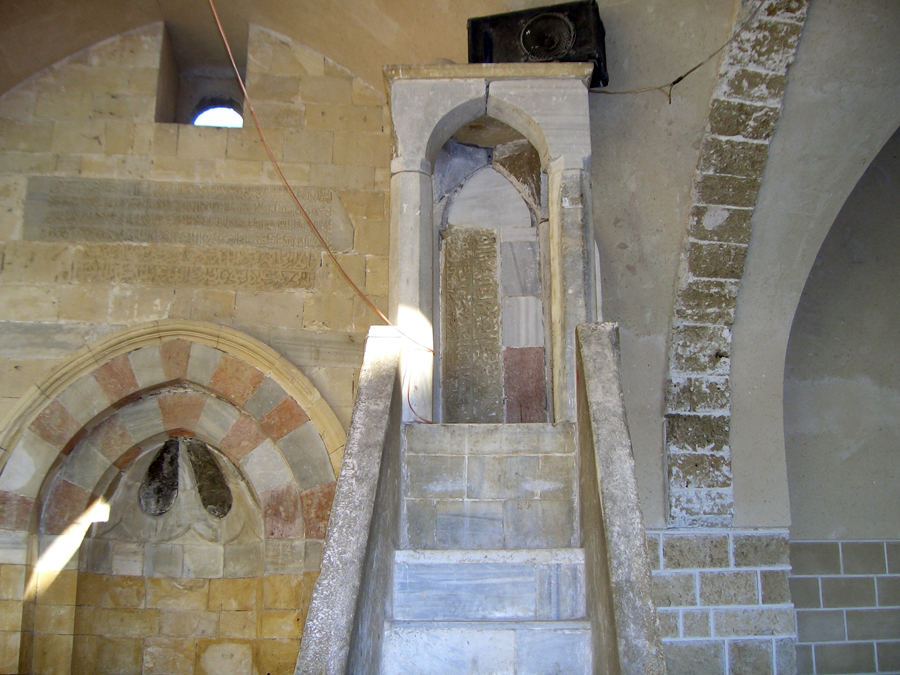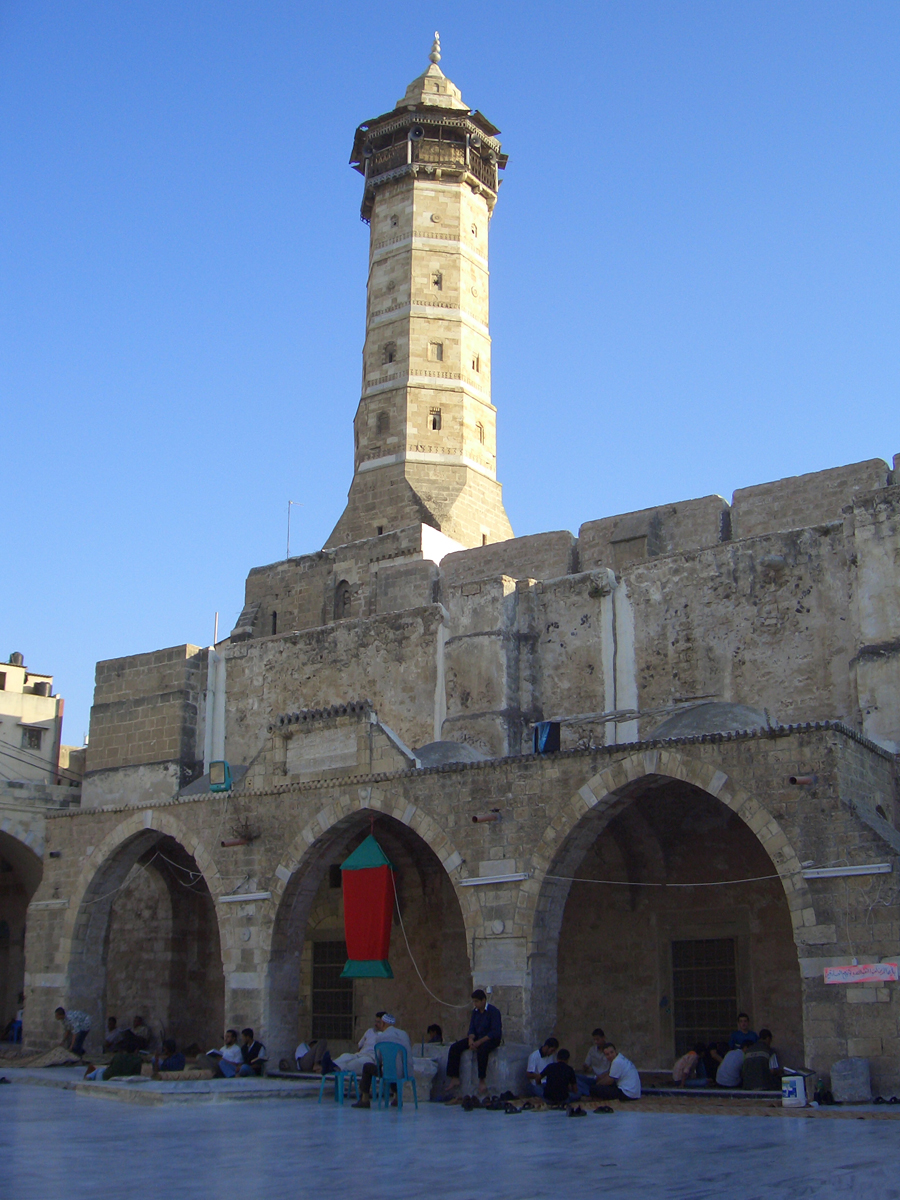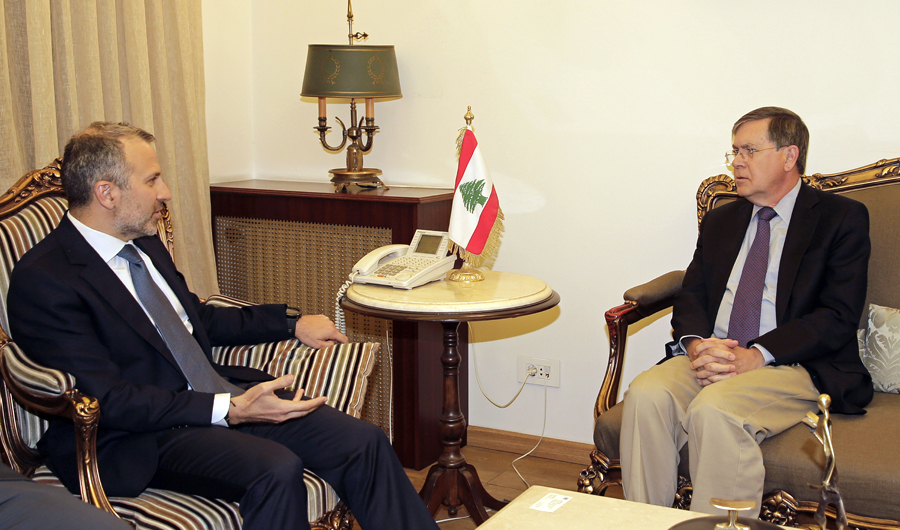BEIRUT: At least 21 civilians were killed on Tuesday as Syria’s regime intensified its bombardment of the last extremist stronghold in the country’s northwest, a monitor said.
Nine children were among the 21 killed in government fire on several towns in Idlib province and the countryside of neighboring Aleppo, said the Syrian Observatory for Human Rights.
And the US continues to be alarmed by Syrian government and Russian air strikes in northern Syria, saying recent attacks have killed more than 200 civilians, the State Department said on Tuesday.
“Indiscriminate attacks on civilians and public infrastructure such as schools, markets and hospitals is a reckless escalation of the conflict and is unacceptable,” said State Department spokeswoman Morgan Ortagus.
Strikes on a busy street in the village of Kafr Halab, on the western edge of Aleppo province, killed at least nine civilians.
An AFP photographer said the bodies of the victims were torn apart and several stores lining the side of the road were destroyed. The street was crowded with people out and about before breaking the daytime fast observed by Muslims during the holy month of Ramadan. A hospital in the Idlib town of Kafranbel was also hit by artillery shells, said David Swanson, a spokesman for the UN humanitarian office.
“The facility is reportedly out of service due to severe structural damage,” he told AFP.
The hospital’s administrative director Majed Al-Akraa confirmed the attack. The hospital is completely out of service,” he said.
“It was a strong attack. The generators and even my car caught fire,” he told AFP.
It follows two days of intensified regime bombardment on the region that killed a total of 31 civilians on Sunday and Monday, according to the Britain-based Observatory.Rescue volunteers and civilians were seen pulling dust-covered victims from the rubble of destroyed buildings in the wake of those strikes.
Idlib and parts of the neighboring provinces of Aleppo, Hama and Latakia are under the control of Hayat Tahrir Al-Sham, an extemist group led by Syria’s former Al-Qaeda affiliate.
The region is supposed to be protected from a massive government offensive by a September buffer zone deal, but the extremist bastion has come under increasing bombardment by the regime and its ally Russia since late April.
The Observatory says nearly 280 civilians have been killed in the spike in violence since then.
More than 200,000 civilians have already been displaced by the upsurge of violence, according to the United Nations.
The UN has warned an all-out offensive on the region would lead to a humanitarian catastrophe for its nearly three million residents.
At least 20 health facilities have been hit by the escalation — 19 of which remain out of service, the UN has said.
Also on Tuesday, France’s top diplomat also said that the country had an “indication” that a chemical attack had been carried out in Syria’s Idlib province this month, an attack alleged by Washington last week.
“We have an indication that chemical weapons were used in the Idlib region, but for now it has not been verified,” Foreign Minister Jean-Yves Le Drian told a parliamentary commission.
“We’re being cautious because we consider that chemical weapons use has to be proven and be lethal, in which case we can react,” he said.
President Emmanuel Macron has made use of chemical weapons by the Syrian government a “red line” that would trigger a military reprisal against the regime of President Bashar Assad.







